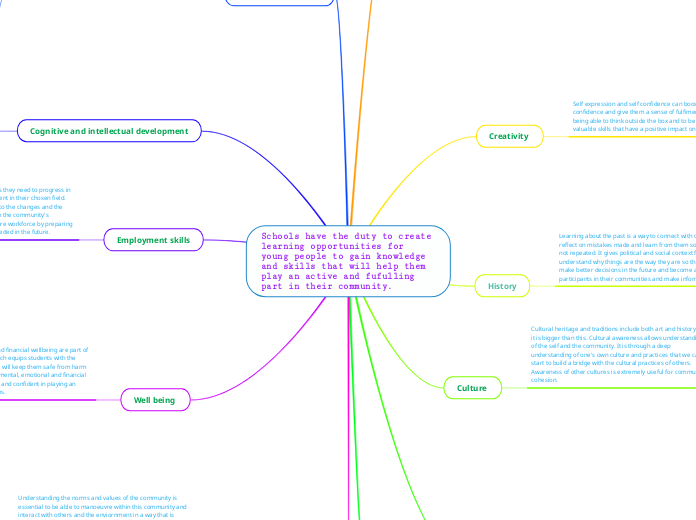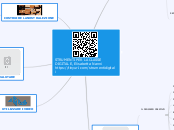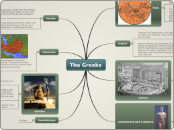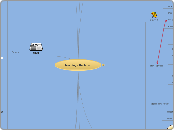von Geraldine Bhoyroo Vor 1 Jahr
138
Schools have the duty to create learning opportunities for young people to gain knowledge and skills that will help them play an active and fufulling part in their community.
Educational institutions hold the significant responsibility of providing young individuals with the knowledge and skills necessary for active and fulfilling participation in their communities.









